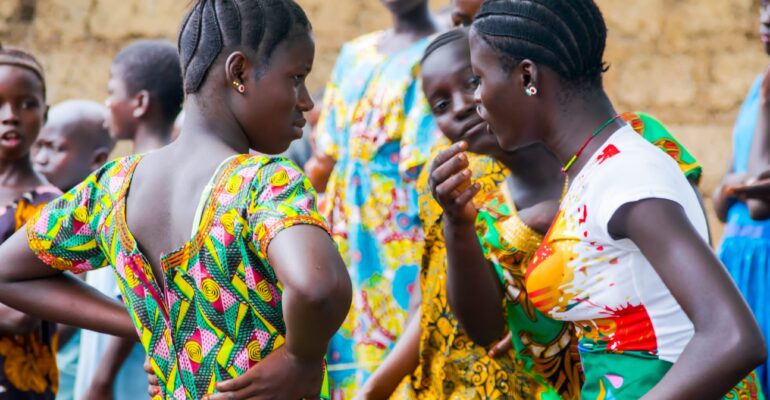Seventy-eight percent of Sierra Leone’s population are Muslims. For centuries, the Islamic Faith and its traditions have been instrumental in governing and shaping the lives of its followers in Sierra Leone. On May 2, Sierra Leone’s Muslim population observed Eid al-Fitr. The national holiday comes on the first day of the Islamic month of Shawwal, immediately following the holy month of Ramadan and a month-long period of fasting, prayer, and devotion.

Muslims all over the world generally observe Eid al-Fitr around the same time. As the date of Eid depends on the sighting of the moon, there may be variations in the exact date that is celebrated around the world. The announcement of the exact dates of Eid al-Fitr may not happen until close to the start of Ramadan.
Eid is Arabic for festivals. During this time, Muslims enjoy a variety of food, including sweets and the types of food vary from country to country. It is such a joyous time because, during the month of Ramadan, devout Muslims will fast from both foods and drink from sunrise to sunset for 29 or 30 consecutive days. They will stay up late to eat a little, pray, and recite Koranic verses each night. This time is called “Tahajud”.
The idea of Eid al-Fitr is two-fold. First, there is the desire and challenge to keep up the discipline and devotion learned during Ramadan all year long. Second, there is the release from Ramadan’s strict adherence and the chance to again enjoy the full bounty of life.
In Foindu Village, where most of its residents are Muslims, this festive time is usually commemorated by early morning prayers, wearing one’s nicest clothes, and enjoying traditional Sierra Leone dishes such as; Plasas, Jallof Rice, and groundnut (also known as Peanut Butter Stew). Schools are usually closed for Eid Celebration as well.

Through Impact Sierra Leone’s “Seeds of Life Project”, harvested produce such as okra was also enjoyed during Eid al-Fitr.
For more information on Eid al-Fatir 👉 go to this USA Today article.

